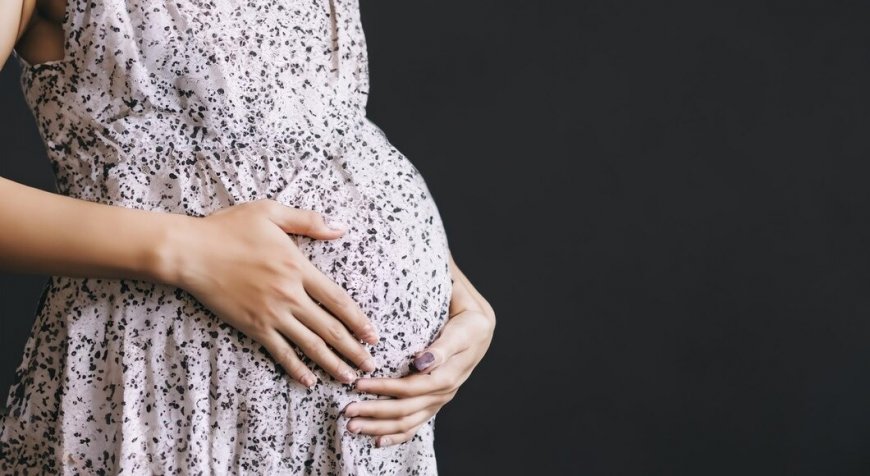Can late pregnancy increase your child’s risk of cancer? Here’s the truth!
As more women delay motherhood for various personal and professional reasons, concerns about potential health risks associated with late pregnancy have often come to the forefront. One of the question is whether having children later in life increases their risk of developing cancer. Let's understand!

In most up-to-date years, most individuals have been choosing to have children in the later a bit of adult life. As this trend continues, a an essential question arises: does being an older parent expand the risk of cancer in your child? This issue has prompted debate among experts, with some studies suggesting a you could perhaps imagine link between parental age and cancer risk in offspring.
What Is Childhood Cancer?
Childhood cancer refers to cancer that happens in children from birth through formative years. Though cancer is less common in children than in adults, it be still an enormous concern and the leading reason for death by disease among children in many countries. Childhood cancers are distinct from those who occur in adults, both on the subject of types and their behavior.
Parental Age and Cancer Risk
Research indicates that advanced parental age (i.e. forty years or older) on the time of conception may be related to an improved risk of certain types of cancer in children. This connection is thought to arise from accumulation of genetic mutations in sperms and egg cells as individuals age. Studies have specifically highlighted an increased risk of childhood leukemia, brain tumors, and retinoblastoma among children born to older parents. Though the overall risk of cancer in children is still low, figuring out this potential expand is kind of important.
Signs of Childhood Cancer
According t0 Dr Sunit Lokwani, Medical Oncology and Clinical Haematology, HCG Cancer Center, Indore, “Being vigilant for signs of childhood cancer is kind of important, as early detection can significantly impact treatment outcomes. Symptoms can vary hoping on the sort and location of the cancer, but some general signs to attend for include:”
- Unexplained Weight Loss: Significant or rapid weight-loss with out a known reason.
- Persistent Pain: Ongoing pain that does no longer toughen with usual treatments, resembling headaches or back pain.
- Lumps or Swelling: Noticeable lumps or swelling in the abdomen, neck, or other areas.
- Frequent Infections: Frequent or severe infections that seem unusual or are difficult to treat.
- Unusual Bruising or Bleeding: Unexplained bruising, bleeding, or petechiae (small red or purple spots on the skin).
- Prolonged Fever: A persistent fever that does no longer reply to typical treatments.
- Fatigue or Weakness: Unusual and prolonged tiredness or weakness, specifically if it impacts on a every day basis activities.
- Changes in Vision or Eye Problems: Persistent vision changes or problems with eye alignment and appearance resembling a white pupil (leukocoria).
What Can Parents Do?
For older parents being keen on their child’s risk of cancer, there are several proactive measures that can perchance well be taken to mitigate potential risks. Affirming a healthy daily life before and all through pregnancy is kind of important. This includes eating a balanced diet, engaging in regular exercise, and avoiding harmful substances resembling tobacco and alcohol. Regular prenatal care and genetic counseling are also valuable, as they are ready to lend a hand discover risk factors early and facilitate timely interventions.
While being an older parent may be related to a rather increased risk of certain cancers in children, it be a very good way an essential to take into account of that this risk is still relatively low. By adopting a proactive approach that includes asserting a healthy daily life, in search of regular hospital treatment, and being attentive to early warning signs of cancer, older parents can effectively cope with potential risks and fortify their child’s health. Embracing these practices ensures that age doesn't change right into a barrier to providing a healthy and fulfilling life in your child.
What's Your Reaction?



























































